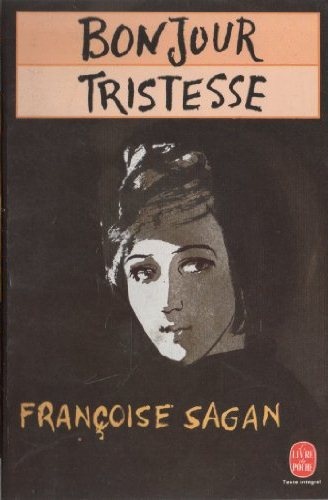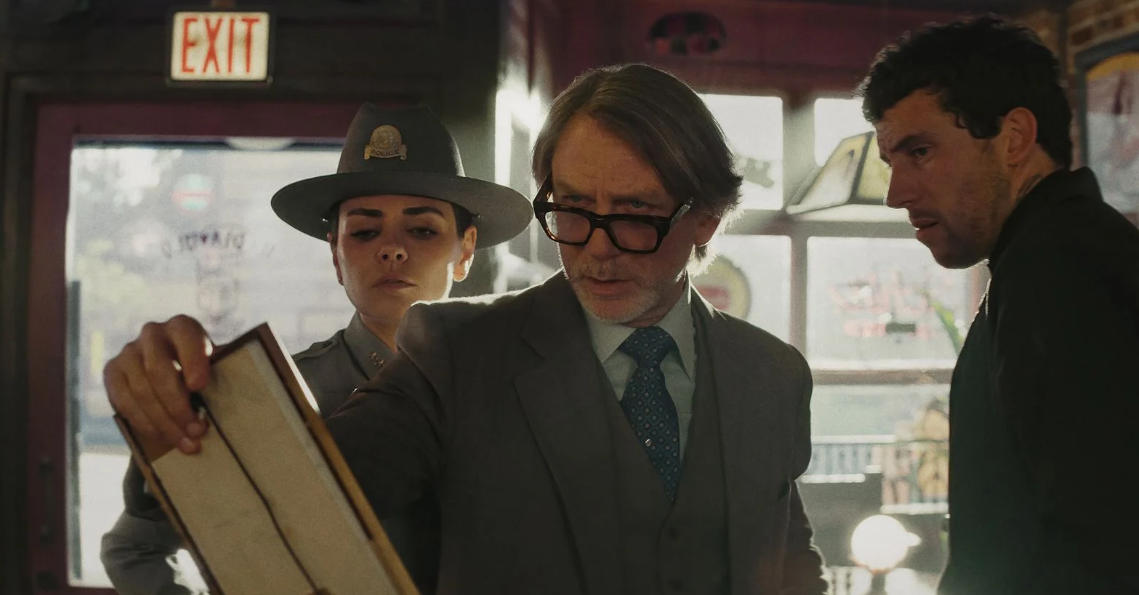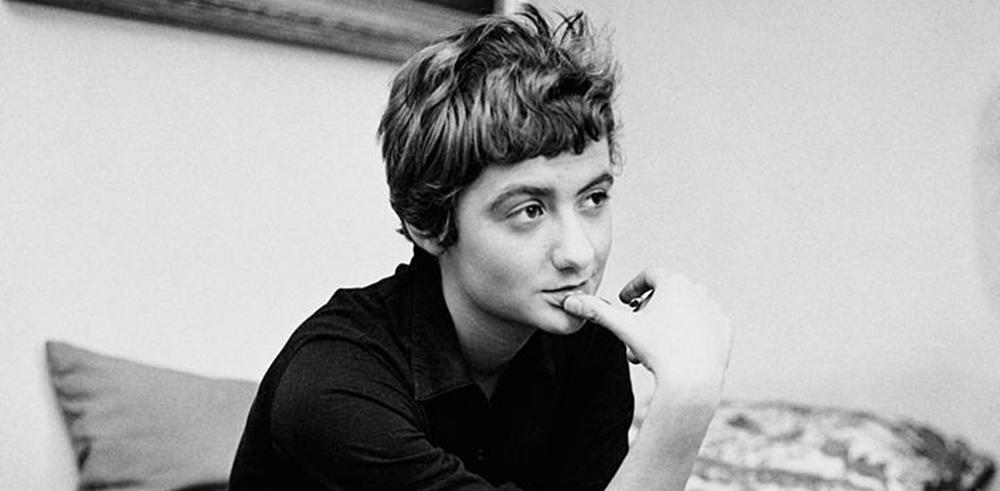Small freshness of barely 188 pages that will remind you of your youthful loves, feet in the water, Bonjour tristesse is the ideal novel to devour at the end of summer!
 Published in the spring of 1954 by Julliard when its young author was only 18 years old, Bonjour tristesse was Françoise Sagan's first novel. It immediately provokes an incredible scandal. For its title, it is inspired by the second line of Paul Éluard's poem À peine défigurée .
Published in the spring of 1954 by Julliard when its young author was only 18 years old, Bonjour tristesse was Françoise Sagan's first novel. It immediately provokes an incredible scandal. For its title, it is inspired by the second line of Paul Éluard's poem À peine défigurée .
The year of its release, sales were in the millions of copies, making Bonjour tristesse the first bestseller of the post-war period. It begins with these words, which in posterity will become famous:
"On this unknown feeling whose boredom, sweetness obsess me, I hesitate to affix the name, the beautiful grave name of sadness. It is such a complete feeling, so selfish that I am almost ashamed of it while sadness has always seemed honorable to me.That summer I was seventeen years old and I was perfectly happy.»
Hello sadness
A true novel of learning, Bonjour tristesse is told to us in the first person by the main character. The heroine, Cécile is seventeen years old. She is a Parisian high school student orphaned by a mother who knows love only kisses, dates, weariness. His father, Raymond, a widowed publicist, was a great fan of unimportant passing connections. Both have a fusional relationship: they have fun, they don't need anyone and are happy. They leave for the summer holidays in a villa on the French Riviera with Elsa, the mistress of Raymond, a 25-year-old idiot. The villa is beautiful, the summer burning, the Mediterranean nearby. But the visit of Anne, a woman of heart, intelligent and calm, disturbs this delicious disorder.
This novel, by explicitly addressing female sexuality with a casual and biting style, caused a real scandal at the time of its release. Awarded the Critics' Prize the same year, it became the emblem of the entire post-war generation and propelled its author to the forefront of the literary scene.
The first post-war bestseller
Françoise Quoirez composes in a few weeks Bonjour tristesse in a post-war Paris. She borrowed from Proust the pseudonym we know today (the Prince of Sagan is a character in La recherche du temps perdu). In 1954, this young girl from a bourgeois family frequented the jazz clubs of the Latin Quarter and read Jean-Paul Sartre. At that time, in Saint-Germain des Prés, existentialism was the current of thought to follow. That same year, Simone de Beauvoir won the Prix Goncourt for her novel Les Mandarins. She confronts her reflections on a society affected by the Second World War and the Cold War.
It was also the year that Boris Vian composed Le Déserteur to oppose the mobilization for the Algerian war; as you will have understood, a wind of freedom then blows on the France which is heading towards the Glorious Thirty.






































